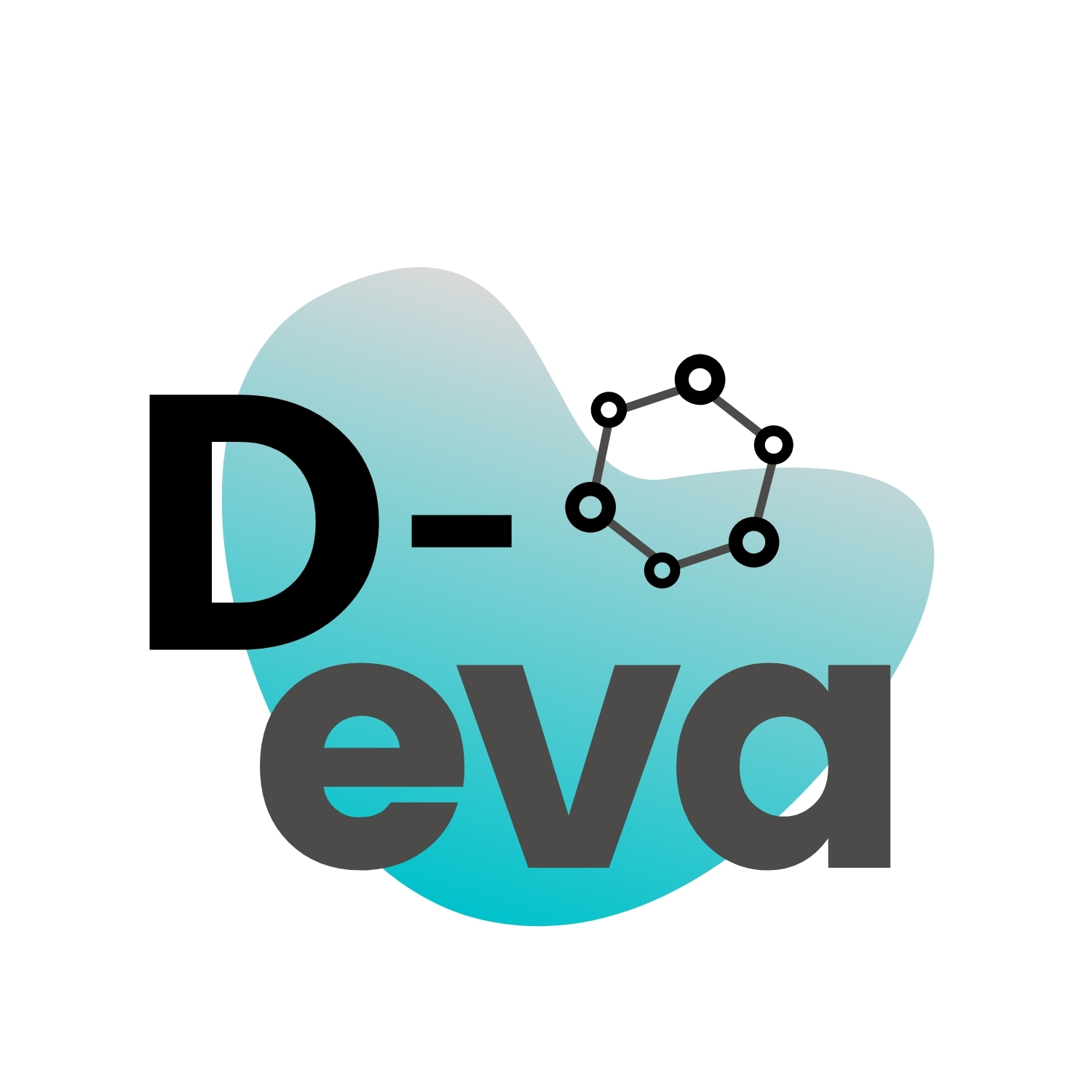
Time management skills
by: D-Eva ProjectDigital solution developed by D-Eva project: https://rihl22.dss.cloud/time_management/
Keywords
Time management, skills assessment, survey, COVID-19 pandemic, traineeship
Problem justification
The Digital Society School (Amsterdam University of Applied Sciences) offers a 20 week-traineeship program, which aims to support learners grow their skills and develop their full potential in innovative interactive media. Specifically, every semester, 50 diverse learners participate in this hands-on learning experience, which involves practice-based work with industry partners and applied research. The diversity of our learner population and of the tasks they have to complete leads to significant differences with respect to how learning is shaped by participating in this program. Since this is a every practice-oriented program, it relies on the on campus interaction of the students with experts in digital transformation, the participation in hands-on workshops and collaborative projects. Every team of learners is assigned to a coach, who guides them throughout the program. Since March 2020, when the COVID-19 pandemic started, the program has been offered partially or fully online, which has created additional complexity to the learners’ experience. Quantitative and qualitative data collected from our graduates over the last two years has demonstrated that our learners need additional support in managing their tasks, behaviors and emotions while being online. The learners use SCRUM and Design Thinking methodologies to complete their projects, working in sprints. This rigorous working pattern requires well-developed time management skills, even more when working remotely. The goal of this e-assessment activity is to evaluate the time management skills of the learners to enable them to complete their tasks while working remotely on their traineeship project.
Competences
Time management, task prioritization, use of technology for skills assessment
Assessment strategies and instruments
Strategies:
Identification of the strengths of the learners
Identification of the areas for improvement
Track progress of the learners
Collect feedback on current time management practices
Tools:
Collaborative online board
Online survey
Teleconferencing tool
Assessment criteria
Please see the questions in bullets as suggestions for the more specific assessment criteria or for the creation of the customized rubrics.
Quality of the online records
are the records specific?
are the records noted daily?
are the records noted a few times a day (at least 5)?
are the records descriptive?
Critical reflection and participation in the brainstorming sessions
has the student given feedback to other students during those sessions?
has the student asked questions?
has the student participated actively in the brainstorming sessions?
has the student attended the brainstorming session?
or at the end of the semester
has the student participated actively in 90-100%, 80%-90%, 70%-80%, 60%-70% of the sessions?
have 90-100%, 80%-90%, 70%-80%, 60%-70% of the sessions been attended?
Timely completion of the “time management personal survey”
has the survey been completed by the student by the deadline?
has the survey been completed by the student at all?
or at the end of the semester:
have 90-100%, 80%-90%, 70%-80%, 60%-70% of the surveys been completed by the student by the end of the semester?
Description of the feedback
Oral feedback during the online sessions (synchronous)
Written feedback in the collaborative online board (asynchronous)
Agents involved: learners and coach
Type of digital tools
Miro Board
Google forms
Zoom
Levels of potential digital transformation
Accessible and available: developed lots of times, easy and known
Example of a case
References
Adams, R. V. & Blair, E. (2019). Impact of Time Management Behaviors on Undergraduate Engineering Students’ Performance. SAGE Open, 9(1), 215824401882450–. https://doi.org/10.1177%2F2158244018824506
Britton, B. K. & Tesser, A. (1991). Effects of time-management practices on college grades. Journal of educational psychology, 83(3), 405. DOI:10.1037/0022-0663.83.3.405
Wayne State University. (2007). Time Management Personal Assessment. http://med.fau.edu/healthfirst/Time%20Management%20Questionnaire.pdf
Documents
No comments yet